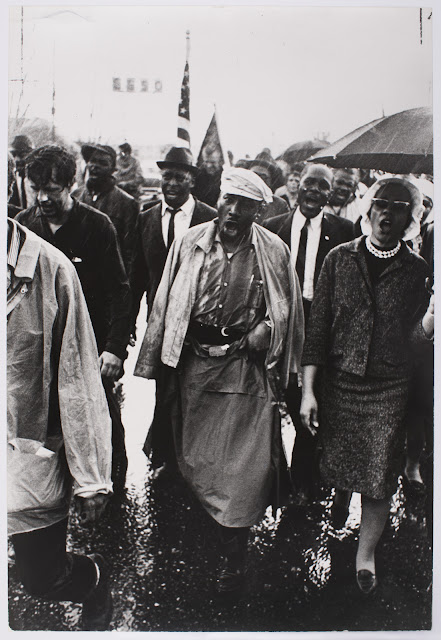The next time you are offended, consider it a “teachable moment.”
Ask yourself what part of you is actually upset. It’s normally the false or smaller self.
If we can move back to the big picture of who we are in God, our True Self,
we’ll find that what upset us usually doesn’t amount to a hill of beans in objective reality!
But we can waste a whole day (or longer) feeding that hurt until it seems to have a life
of its own and, in fact, “possesses” us. At that point, it becomes what Eckhart Tolle
rightly calls our “pain-body.”
Tolle defines this “accumulated pain” as “a negative energy field that occupies
Tolle defines this “accumulated pain” as “a negative energy field that occupies
your body and mind.” In this space, we seem to have a kneejerk, self-protective
reaction to everything—and everyone—around us. I emphasize the word reaction
here because there’s no clear, conscious decision to think or act in this way.
It just happens and we are seemingly powerless to stop it. By doing healing work
and by practicing meditation, we learn to stop identifying with the pain
and instead calmly relate to it in a compassionate way.
For example, in centering prayer, we observe the hurt as it arises
For example, in centering prayer, we observe the hurt as it arises
in our stream of consciousness, but we don’t jump on the boat and give it energy.
Instead, we name it (“resentment toward my spouse”), then we let go of it,
and let the boat float down the river. We have the power to say, “That’s not me.
I don’t need that today. I have no need to feed this resentment.
I know who I am without it.” This is the beginning of emotional sobriety.
If we’ve been eating a regular meal of resentment toward our spouse, our boss,
our parents, or “the world,” the boat’s going to come back around
in the next minute because it’s accustomed to us filling our plate.
But we must be able to ask and to discover, “Who was I before I resented my spouse?
And even before that?” This is the primary way we learn to live in our True Self,
where we are led by a foundational “yes,” not by the petty push backs of “no.”
~ Richard Rohr
from Emotional Sobriety:
Rewiring Our Programs for ‘Happiness’
~ Eckhart Tolle
from The Power of Now:
A Guide to Spiritual Enlightenment




























